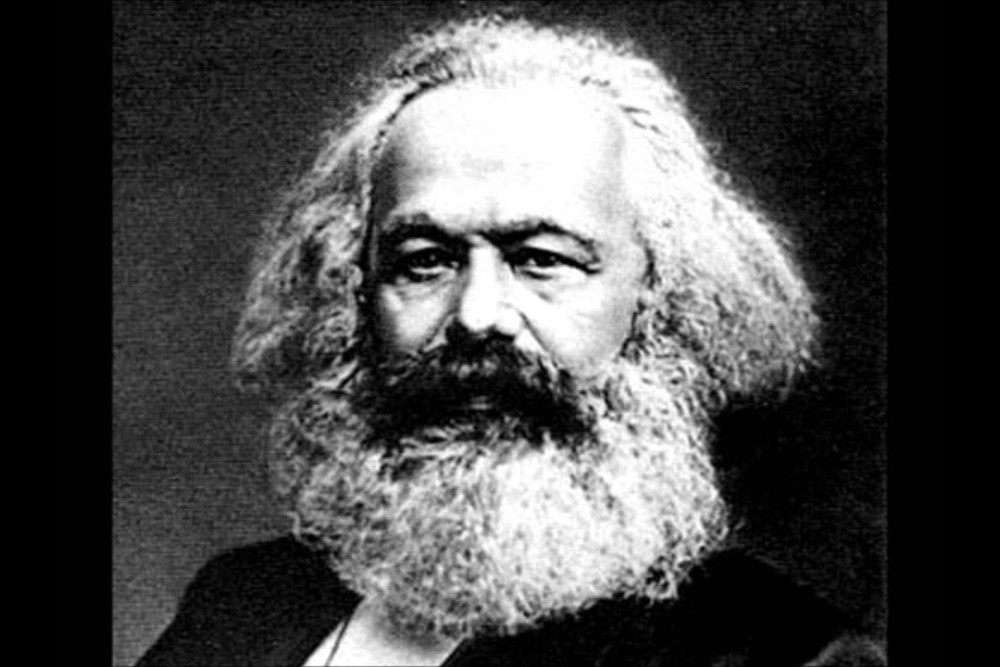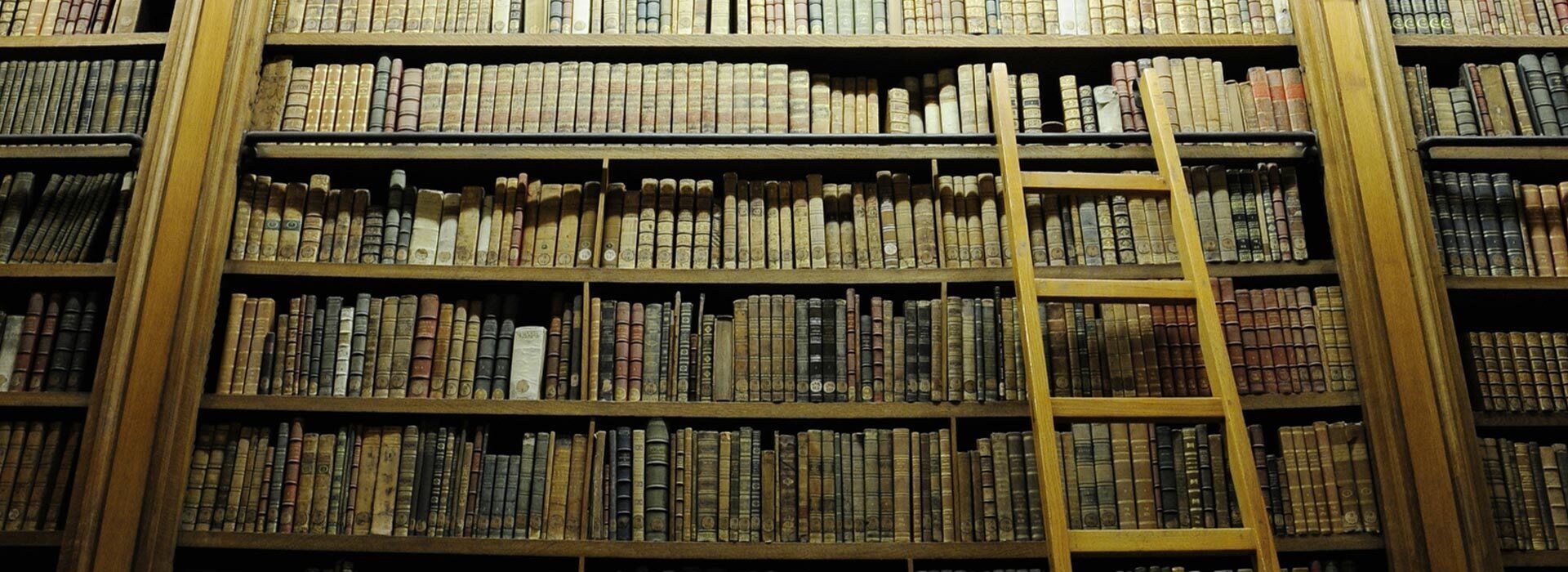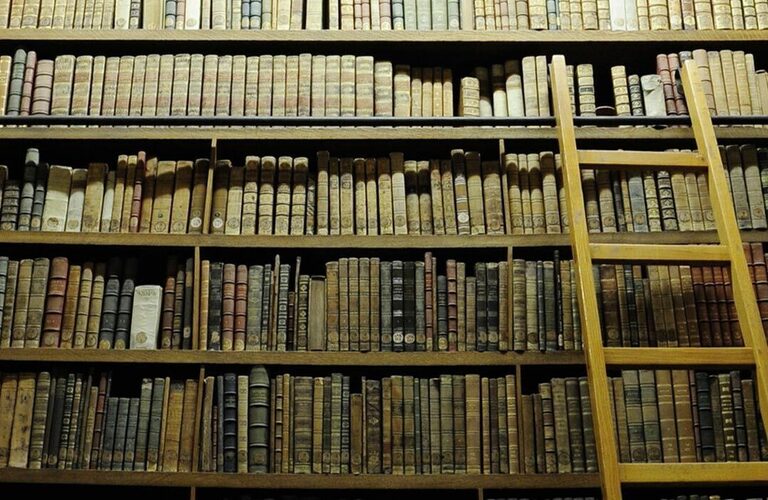
posted 11th June 2023
The year 1917 has gone down in history as the year of the Russian Revolution. Political discontent in Russia had been brewing for years. In 1905 Russia fought a brief war with Japan with Russia suffering a heavy defeat. This defeat led to demands for political reforms and Tsar Nicolas II agreed to have an elected parliament. Slowly but surely Tsar Nicolas reneged on the promised reforms and when WW1 broke out in 1914 politics in Russia was already tense. After three years of brutal war the Russian masses were starving and angry. In early 1917 strikes broke out across Petrograd (Petrograd was previously known as St. Petersburg but the Russian government changed its name to distance the city from its German heritage) with the protesters demanding bread. These strikes rapidly turned into political gatherings and by mid March virtually all industrial activity in Petrograd had ceased. Radical groups of all kinds had been empowered and emboldened with protests spreading rapidly. Tsar Nicolas had misjudged the mood of the nation and had blocked reform at every opportunity. Pressure on the Tsar was now so intense that by March he had no choice but to abdicate the throne.
By October the politics of the Russian Empire were on a knife edge. Only the most radical and ruthless would be able to seize control of the faltering state. Vladimir Lenin had been a long term opponent of the Tsarist regime and had spent much of his adult life in exile in various different European states. Lenin was the leader of the Bolshevik faction of the Russian Social Democratic Party and his word was law for his followers. By October, 1917, the hot headed elements in the Bolsheviks were agitating for violent action. Lenin was unsure about how to proceed but decided that an armed seizure of power was the right policy. In Petrograd Leon Trotsky, a Marxist militant but not a member of the Bolshevik faction, voted for a violent uprising. The government shut down several newspapers, but this didn’t stop the uprising. The Red Guards began taking control of government buildings and, in the most important step, seized control of the Winter Palace. The Communist Party was now in control of the Russian Empire.
International opinion was appalled at the Russian Revolution. British conservative politician Winston Churchill described Bolshevism as ‘baboonery’. All the major powers were instantly opposed to the newly created Communist government in the former Russian Empire and this opposition was only intensified by the murder of Tsar Nicolas II and his family in 1918. As the months rolled on after the Revolution the former Russian Empire descended into a multiparticipant Civil War. Many different political forces in Russia who were united against the Communist takeover of power formed a unified military force to fight against the emerging Red Army with the support of outside powers. After years of Civil War, the Communists emerged victorious, and the Soviet Union officially came into being.
In January 1924 Soviet leader Vladimir Lenin died. He’d suffered a massive stroke in 1922 and the man he’d appointed as General Secretary of the Communist Party, Josef Stalin, was plotting to succeed him. Stalin already had a rivalry with Leon Trotsky before Lenin’s death but after Lenin died their rivalry intensified as the master political operator Stalin gained the upper hand over the arrogant and vain divider Trotsky. By 1929 Stalin was the absolute leader of the Soviet Union and Trotsky was sent into exile and was murdered in Mexico in 1940 on Stalin’s orders. Throughout the 1930’s Stalin set about modernising the Soviet Union with massive expansions of industry and manufacturing. The only complication for Stalin in the 1930’s was the coming to power of a WW1 veteran in Germany who despised Communist ideology, Adolf Hitler.
Hitler had become deeply politically radicalised after Germany’s defeat in WW1. Hitler had devoted himself to serving Germany and was awarded the Iron Cross for bravery and avenging Germany’s defeat had become his mission in life. In 1933 he was appointed German Chancellor after emerging from the political darkness in the early 1930’s. Hitler began clamping down on Communist activity in Germany instantly with many being arrested and imprisoned in newly constructed concentration camps like the notorious Dachau near Munich. Relations between the two would be at best frosty until international politics intervened.
By 1939 Europe was on the brink of war. Hitler had gone about overthrowing all the constraints that were placed on Germany after WW1 and had reincorporated German speaking minorities in surrounding countries back into the German Reich. Hitler, who was Austrian by birth, achieved his great dream of unity between Germany and Austria in 1938. Hitler then overreached himself by trying to secure pieces of Polish territory. The western powers, Britain and France declared war on Germany in September 1939. Hitler needed to secure access to Polish sea ports and the only way he could was to form an alliance with his detested enemy, the Soviet Union. In 1939 German foreign minister Joachim Von Ribbentrop and Soviet foreign minister Vyacheslav Molotov signed a non-aggression pact that carved up much of eastern Europe between themselves. Hitler invaded Poland from the west and the Soviet Union invaded from the east.
By the summer of 1941 Hitler was the master of Europe. He controlled territory from France in the west to Poland in the east. But Hitler’s appetite for war could only be quelled by a war with his greatest ideological enemy, and current bedfellow, the Soviet Union. In June, 1941, Hitler ordered the invasion of the Soviet Union, codenamed, Operation Barbarossa. Millions of Axis troops sped through Soviet territory with the Red Army seemingly impotent to fight back. Soviet leader Josef Stalin was dumb founded by Hitler’s invasion. The Soviet leader was convinced that Hitler wouldn’t risk a war on two fronts as the Germans were at war with Britain, but he was spectacularly wrong in his analysis. The German invasion of the Soviet Union led to old enemies becoming allies. British Prime Minister Winston Churchill wanted to meet Stalin face to face and this he did in Moscow where the two, after days of distrust and hostility, departed as friends.
By the end of WW2 millions were dead and most of Europe was in rubble. The Soviet Union now controlled much of eastern and central Europe and the newly emerged USA had a strong military and economic presence in western Europe. After the defeat of Nazi Germany and Hitler’s suicide, the Allies no longer had anything that united them, and only ideological conflict was possible. The Allies united to fight Hitler, but that alliance laid the ground for the Cold War.
Throughout the first few decades of the Cold War the ideological opponents fought many wars by proxy in Korea, Cuba, Vietnam and China. By the turn of the 1980’s the Soviet Union was embroiled in a bloody war in Afghanistan where the Mujahadeen was fighting against the Red Army with support from many international players. The war in Afghanistan, and a flatlining economy at home, meant that the Soviet Union was in the most perilous position it had been in since its founding in the late 1910’s. Discontent with the Soviet system had led to mass protests in Poland and the election of Ronald Reagen in the USA were putting huge pressure on the Soviets. Reagen was a committed free marketeer and despised the Communism of the Soviet state. After the Afghan Mujahadeen drove the Red Army out of Afghanistan the collapse of the Soviet system began.
Mikhail Gorbachev had become Soviet leader in 1985. Contrary to his image in the west Gorbachev was a committed Marxist-Leninist who believed in the Soviet system and almost certainly was not a liberal. As the 1980’s ended Gorbachev was faced with a disastrous war in Afghanistan and a growing hostility to Communism at home. Gorbachev saw that the Soviet economy was falling further and further behind that of the USA in virtually every area, especially in production. Gorbachev started using the term, perestroika. Perestroika was the idea that the Soviet’s needed to promote growth in their economy to remain a first rate power. These attempts at reform failed and as the Capitalist world saw a massive growth in living standards the Soviet’s saw a decline. By 1991 the end of the Cold War was close. Popular discontent had spilled over into protest and when Gorbachev refused to use force to quell the protests the Soviet Union was over.
Why did the Soviet Union lose the Cold War? This is one of the most important historical questions of the 20th century. Throughout its existence the Soviet Union produced an entirely unique economic system designed on the ideas for collective industry and an end to private property. This system was developed by Stalin at huge human cost and by the 1980’s the huge disparity in living standards between Communist and Capitalist countries was untenable. The Soviet Union lost the Cold War because the Soviet system could no longer innovate and produce in the way that Capitalist economies could. The living standards and massive improvements in areas such as healthcare, welfare and education made the Soviet system seem old and tired in comparison with a lively and productive capitalist ideal.




